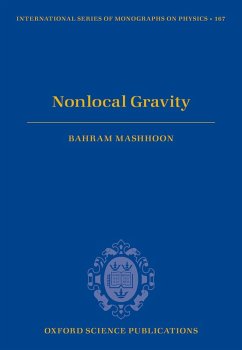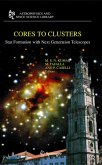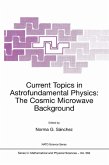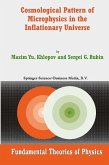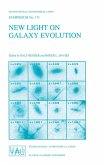Relativity theory is based on a postulate of locality, which means that the past history of the observer is not directly taken into account. This book argues that the past history should be taken into account. In this way, nonlocality---in the sense of history dependence---is introduced into relativity theory. The deep connection between inertia and gravitation suggests that gravity could be nonlocal, and in nonlocal gravity the fading gravitational memory of past events must then be taken into account. Along this line of thought, a classical nonlocal generalization of Einstein's theory of gravitation has recently been developed. A significant consequence of this theory is that the nonlocal aspect of gravity appears to simulate dark matter. According to nonlocal gravity theory, what astronomers attribute to dark matter should instead be due to the nonlocality of gravitation. Nonlocality dominates on the scale of galaxies and beyond. Memory fades with time; therefore, the nonlocal aspect of gravity becomes weaker as the universe expands. The implications of nonlocal gravity are explored in this book for gravitational lensing, gravitational radiation, the gravitational physics of the Solar System and the internal dynamics of nearby galaxies, as well as clusters of galaxies. This approach is extended to nonlocal Newtonian cosmology, where the attraction of gravity fades with the expansion of the universe. Thus far, scientists have only compared some of the consequences of nonlocal gravity with astronomical observations.
Dieser Download kann aus rechtlichen Gründen nur mit Rechnungsadresse in A, B, BG, CY, CZ, D, DK, EW, E, FIN, F, GR, HR, H, IRL, I, LT, L, LR, M, NL, PL, P, R, S, SLO, SK ausgeliefert werden.

